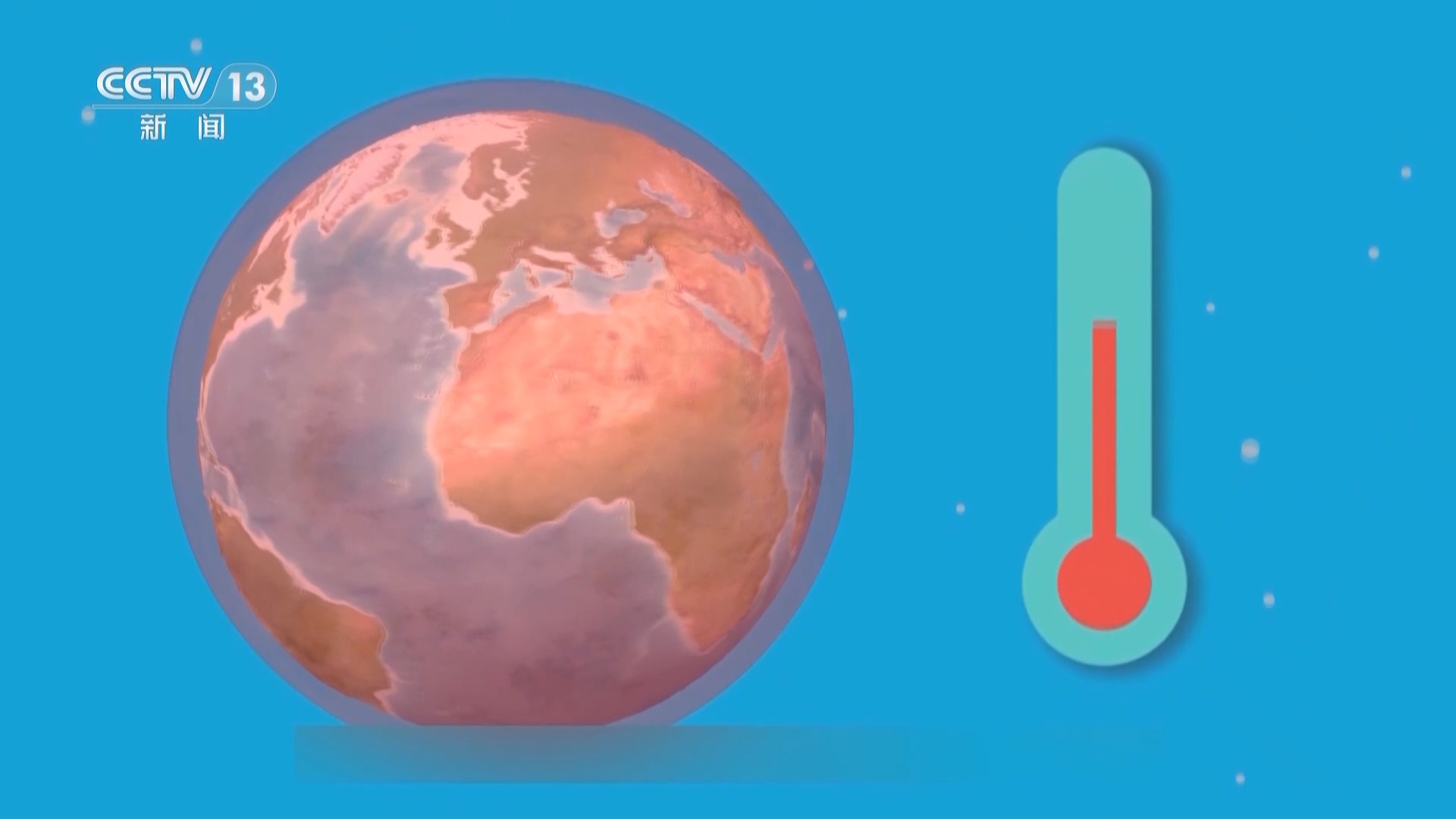What are the factors related to global warming? What is the IPCC→?
Today (23rd) is the 64th World Meteorological Day, and the theme of this year's World Meteorological Day is "On the Front Line of Climate Action". The earth is the home of human survival and development, and the impact of climate change on human beings is extensive and far-reaching, which is related to the present and the future.
The World Meteorological Organization (WMO) confirmed that global temperatures in 2023 were 1.45°C above pre-industrial levels, breaking the record again. Tackling climate change requires action, and the key is strong joint action.
Climate change will bring severe challenges to national food security, human health, water resources, ecological environment, energy supply, major engineering construction and many other fields. China has always attached great importance to the scientific response to climate change, adhered to the path of green and low-carbon development, and pursued both mitigation and adaptation, and the use of renewable energy has been at the forefront of the world.
China has made significant contributions to the scientific assessment of climate change
Humanity has not seen climate change clearly from the beginning, but has gone through a long process of understanding. During this period, rigorous scientific research and strong evidence are needed to explain.
So, who is making these authoritative assessments? This brings us to the Intergovernmental Panel on Climate Change (IPCC). What kind of institution is it?
The United Nations Intergovernmental Panel on Climate Change (IPCC) is the authoritative organization for scientific assessment of global climate change, which was jointly established by the World Meteorological Organization and the United Nations Environment Programme in 1988.

China was one of the first countries to participate in the preparation of the IPCC climate change assessment report. Since the establishment of the IPCC, China has played an active and important role in its organization and work.
Zhang Yongxiang, Deputy Director of the Climate Change Strategy Research Office of the National Climate Center:Since the IPCC Third Assessment Report, we Chinese scientists have served as co-chairs of IPCC Working Group I, and we have served for a total of five terms, making significant contributions to the scientific assessment of climate change, especially the assessment of basic science. The China Meteorological Administration has also joined forces with 16 ministries and commissions to form the IPCC's departmental work liaison group, which is constantly promoting the work of the IPCC.
Global Warming and the Carbon Cycle
The World Meteorological Organization (WMO) confirmed that global temperatures in 2023 were 1.45°C above pre-industrial levels, breaking the record again. So, what's going on with global warming? And that's where carbon comes in.
Carbon is the core element that makes up life on Earth, and it is also an important factor affecting the Earth's environment and climate change. With the goal of carbon peak and carbon neutrality, carbon has become a new focus of people's attention.
Most of the earth's carbon is stored in the earth's crust and rocks, and some is stored in carbon pools such as oceans, atmospheres, terrestrials, and ecosystems, and these carbon elements are exchanged, transformed, and operated between the biosphere, atmosphere, hydrosphere, and lithosphere to form the global carbon cycle. Next, let's take a look at the basic process of the carbon cycle, carbon dioxide in the atmosphere is absorbed by green plants, converted into organic carbon through photosynthesis, organic carbon is transferred to animals through the food chain, through this way, carbon enters the biosphere from the external environment, and the respiration of plants and animals converts part of the carbon ingested into carbon dioxide and releases it into the atmosphere, and the other part is stored by itself, and after its death, most of the residue is decomposed into carbon dioxide by microorganisms and discharged into the atmosphere, and a small part is buried by sediments and converted into coal after a long time, oil, natural gas and other fossil fuels, when fossil fuels are weathered or burned, the carbon in them is eventually converted into carbon dioxide and returned to the atmosphere.

In this way, carbon is returned from the biosphere to the external environment. Since the Industrial Revolution, human activities have profoundly affected the earth's carbon cycle, and fossil fuel combustion and land use have released a large amount of carbon dioxide into the atmosphere, resulting in global warming.







